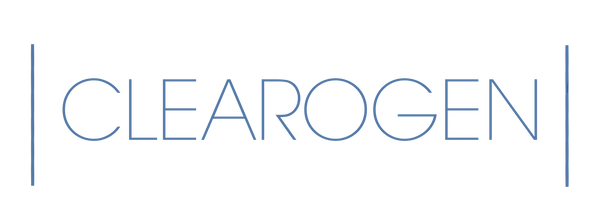Hormone Sensitivity and Acne in Women
Share
When acne is a problem for women during their teen years, it is considered by most to be normal. However, when it continues beyond their mid-twenties, and no acne products they try have an impact on the appearance of their skin, a more serious condition could be to blame. While excess oil production is at the heart of all acne, it is usually predominant in the teens when testosterone levels increase, leading to higher levels of DHT that increases oil production in the skin. While over-the-counter acne solutions can keep acne under control for a while, they don’t address the problem of excess DHT production that causes the acne to return.
For women whose acne doesn’t diminish after adolescence and excessive testosterone production has stopped, polycystic ovarian syndrome (PCOS) could be the cause. This is the most common disorder of the endocrine system which affects women. It causes women to become less sensitive to insulin and, among other symptoms, to suffer noticeable problems with acne.
The difference in acne that occurs as a result of the disorder is that it occurs in some areas that are considered sensitive to hormones, including:
For women whose acne doesn’t diminish after adolescence and excessive testosterone production has stopped, polycystic ovarian syndrome (PCOS) could be the cause. This is the most common disorder of the endocrine system which affects women. It causes women to become less sensitive to insulin and, among other symptoms, to suffer noticeable problems with acne.
The difference in acne that occurs as a result of the disorder is that it occurs in some areas that are considered sensitive to hormones, including:
- Upper neck
- Jawline
- Cheeks
- Chin
